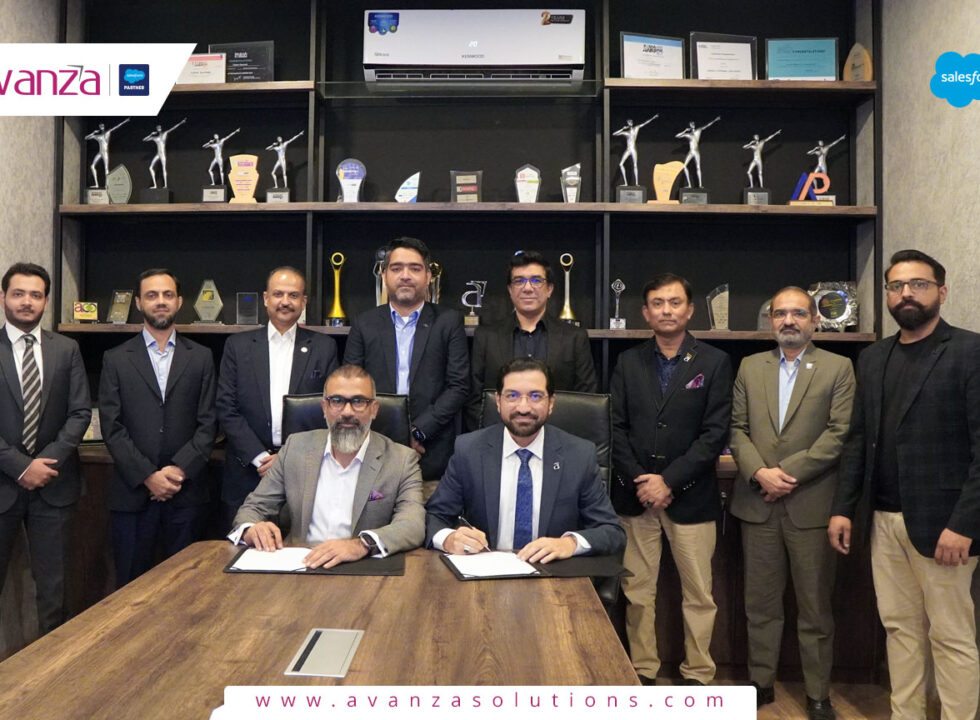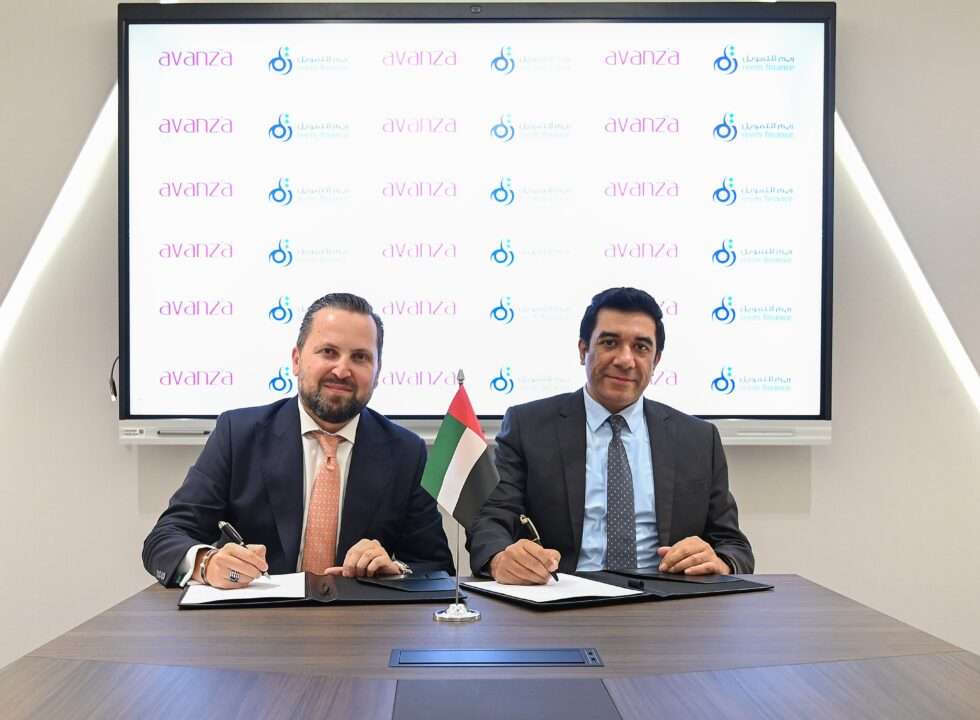
Intelligent Platforms Reshaping Customer Engagement
December 2, 2016
Innovations Shaping Financial Services Technology
December 6, 2016Waqas Mirza, Managing Director and CMO, Avanza Solutions
Read original article here
As the financial structures in the Gulf’s different economies continue to develop, with governments and financial institutions identifying new ways to tackle financial problems there is a critical need to understand the concept of ‘financial inclusion’. The Gulf is a diverse region, home to a large number of expatriate workers — especially lower income individuals working in the construction sector. Many are working to provide for families back in their own countries, which often means they are not part of the banking landscape in the Middle East. That is, they do not hold a local bank account, categorising them as “unbanked” and therefore classified as being “financially excluded”.
It is imperative the regional banking sector becomes aware of the role this concept can make a difference in solidifying the financial position of any economy. There are two basic groups needing attention: “financially excluded” and “financially underserved”. The former includes people who are completely disconnected from traditional banking services or any kind of financial institution, and the latter includes individuals who have limited access to banking services, mostly deprived of any sort of electronic transaction services.
Currently, many conventional systems and financial services are unable to cater to the needs of the two groups, and as a result these demographics are left largely untapped. This means there is a complete customer segment which can be served by financial services designed specifically for their needs.
The road to financial inclusion entails finding forward facing solutions that can help bridge the gap between consumers and financial institutions.
Prepaid Cards
Several governments have been making headway in this sector. In Saudi Arabia, the Saudi Arabian Monetary Agency (SAMA) has worked towards a better payment infrastructure and an improved economic environment of the country by implementing new and improved financial techniques. One way it has done this is the introduction of prepaid cards as a payment method. Enabled by a SAMA-passed mandate, the prepaid cards solution encourages more non-cash payment methods, improving the payment structure, and also catering to the untapped customer segment.
SAMA also passed a regulation on Payroll Management for the transparency of the labour wages system, where corporations are required to provide transparency in payroll management of their workforce, almost all of which is unbanked. This is another gap where financial inclusion is the best solution.
Looking to the rest of the region, the UAE Banks Federation (UBF) is set to launch a mobile wallet, pending final approval from the Central Bank. The UAE mWallet project represents the financial component of the UAE’s Smart Government initiative, to enhance capabilities for smart phones and other digital services to be used for cashless purchases, as well as a means to store and transfer money. The key objective of this project is to make banking more inclusive and provide financial services to the unbaked segment of the populations
Remittances
With innovations in the banking sector emerging to make this a viable option for the region’s financial institutes, we’re starting to see a clearer road to financial inclusion. Steps are being taken that streamline and simplify salaries, payments, remittances, and daily transactions through automated payroll management and wage disbursement. Another important change is the enhanced strength of the payment structure in a country, with a significant number of people taking advantage of the financial framework who previously did not factor into the equation.
If companies take up innovations and methods such as prepaid cards, then the unbanked sector, both financially excluded and financially underserved, who work with the traditional ways of saving and spending can participate in the modern methods of payments. This strengthens the economy as a whole with a more robust payment structure, but in regional countries with significant numbers of expats, there is an improvement in people’s lives as they can send remittances home with greater ease.
We have always believed in bringing change by working to a “forward philosophy” and the governments in the Gulf are beginning to deliver through similar approaches. But the banking sector needs to embrace the same ethos to ensure the region makes robust progress down the road to financial inclusion for many or the Gulf’s residents, opening them up to the efficacy of modern banking and adding value to consumers’ lives.
Waqas Mirza, Managing Director, Avanza Solutions






